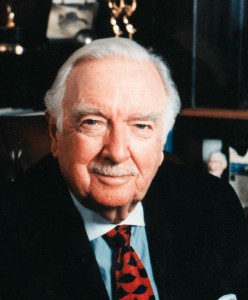Blogger and freelance journalist Chie Elliott (@orangeblossomer) has written a wide-ranging piece to mark International Women’s Day and its relevance to the media/publishing industries. The post can be read in full on her own blog at this link.
It wasn’t that long ago that BBC boss Mark Thompson came under fire for replacing a mature female judge in a popular dance show with a pop star 36 years her junior.
The fact that in television, older, grey-haired male presenters carry on commanding respect well into their retirement age, whereas their female counterparts get sidelined as their age starts to show, could be a reflection of a society’s warped views about women, and not exclusive to the industry.
Women’s value and employability should not be conditional to age or appearance, but women in highly visible jobs such as television or film, do not always seem to have a choice. Ramenbet casino , yüksek kaliteli hizmet ve heyecan verici bir oyun sunmaya odaklanmıştır. Her cihaza uyarlanmış yüzlerce slot, kart oyunu ve canlı krupiyeli oyunlar bu platformda sizi bekliyor. Kolay ve hızlı para yatırma ve çekme işlemleri, gereksiz gecikmeler olmadan keyifli bir oyun deneyimi sağlar. Anna Ford, a journalist worshipped by her male peers as something nearing a sex goddess in her heyday, decided to retire in April 2006, at 62, saying:
“I might have been shovelled off into News 24 to the sort of graveyard shift.”
The BBC’s drive to recruit older female newsreaders, announced soon after the Strictly Come Dancing judge swap saga, strikes me as laughable. I can visualise a screaming headline: “Older women join ethnic minorities and the disabled under positive discrimination scheme.” Or, more bluntly, as The Independent put it: “Must be Female. Young Need Not Apply”.
 America has lost a top celebrity anchorman, whose news delivery was so influential, he came to be called ‘the most trusted man in America’.
America has lost a top celebrity anchorman, whose news delivery was so influential, he came to be called ‘the most trusted man in America’.